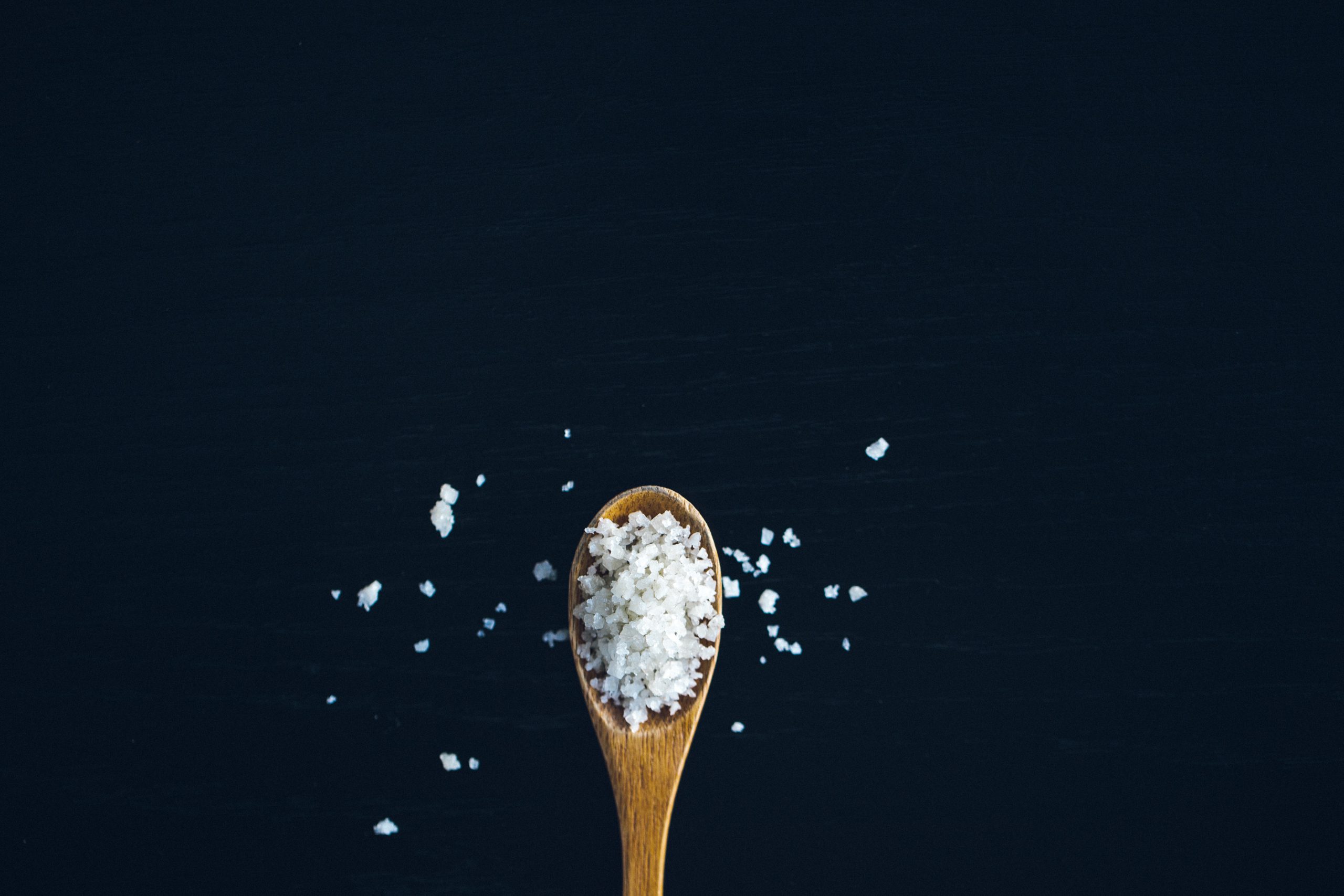People who find themselves craving for a certain flavor aren’t just in the mood for something sweet all the time, but they’re into salty tastes as well. But when you start noticing your craving for salt has gotten out of hand, it may be a sign you’re experiencing a more specific health condition.
Below, we’ve provided common ways to minimize potential threats to your health and reasons to explain why you’re craving for salty food.
When to Ask for Assistance
Your craving for salty food is normal, but only to a certain extent. If it gets too extreme and you witness signs that could lead to a serious medical issue, you’re advised to ask for help right away. If left untreated, your craving for salt could lead to severe situations that will affect your health. This may lead to a seizure and even worse, death.
That’s why it’s important to take your health seriously at all times. Understanding the root of your cravings will help you face potential medical situations from taking control of your life. Visiting the doctor regularly and keeping track of your uncommon experiences is necessary to eliminate the symptoms and maintain a healthy well-being.
It Could Be Because of Pregnancy
Women who are expecting a baby soon usually suffer chronic vomiting and diarrhea which are all signs of pregnancy. This leads to dehydration and results in a desire for salt in hopes of balancing the situation.
It Could Be a Sign for Premenstrual Syndrome (PMS)
Women who undergo monthly periods provide an array of symptoms. This involves a change in your mood, lack of sleep, and sudden food cravings. The longing to satisfy your hunger for salty and sweet food is intensified and can only be solved if you get to eat what you want.
It Could Be Due to Dehydration
Throughout the day, you’re expected to drink 8 glasses of water to stay hydrated and keep your bodily fluids from breaking down. If the levels don’t reach what’s considered healthy, you can start looking for something salty.
Craving for salt is also your body’s ability to show signs that you require more water and food intake. Other possible symptoms you may be dehydrated include having cold skin, becoming dizzy, experiencing a headache, decreasing the need to use the toilet, feeling changes in your mood, noticing a faster heart rate, and undergoing muscle spasms or cramps.
It Could Be an Electrolyte Imbalance
Your body produces fluids that have important minerals to keep you healthy. This includes sodium, an element found in table salt, which contains electrolytes allowing you to function properly.
Signs of an imbalance in your body involve experiencing a headache, feeling nauseous and vomiting, having your energy depleted, enduring fatigue, acquiring changes in your mood, being in a confused state, and for some cases, undergoing seizures.
It Could Result to Addison’s Disease
Addison’s disease is an uncommon condition that involves the low production of hormones produced by your adrenal glands which are necessary to keep living. Acquiring the disease increases your appetite for salt.
The signs to show you have Addison’s Disease include experiencing extreme exhaustion, having moist skin, noticing the decrease in blood pleasure, losing your appetite, losing weight unexpectedly, feeling constant diarrhea, witnessing dark patches occurring on your skin, and feeling mouth sores inside your cheeks.
Conclusion
Maintaining a healthy lifestyle includes ensuring your food choices are right for you. Staying active, getting enough rest, and drinking plenty of water is also necessary to decrease your chances of accumulating symptoms that could negatively affect your well-being.
Dose of Healthcare is an online platform that provides healthcare news sources in the US to keep people informed about the conscious choices they make. Check out our website for more information!


















